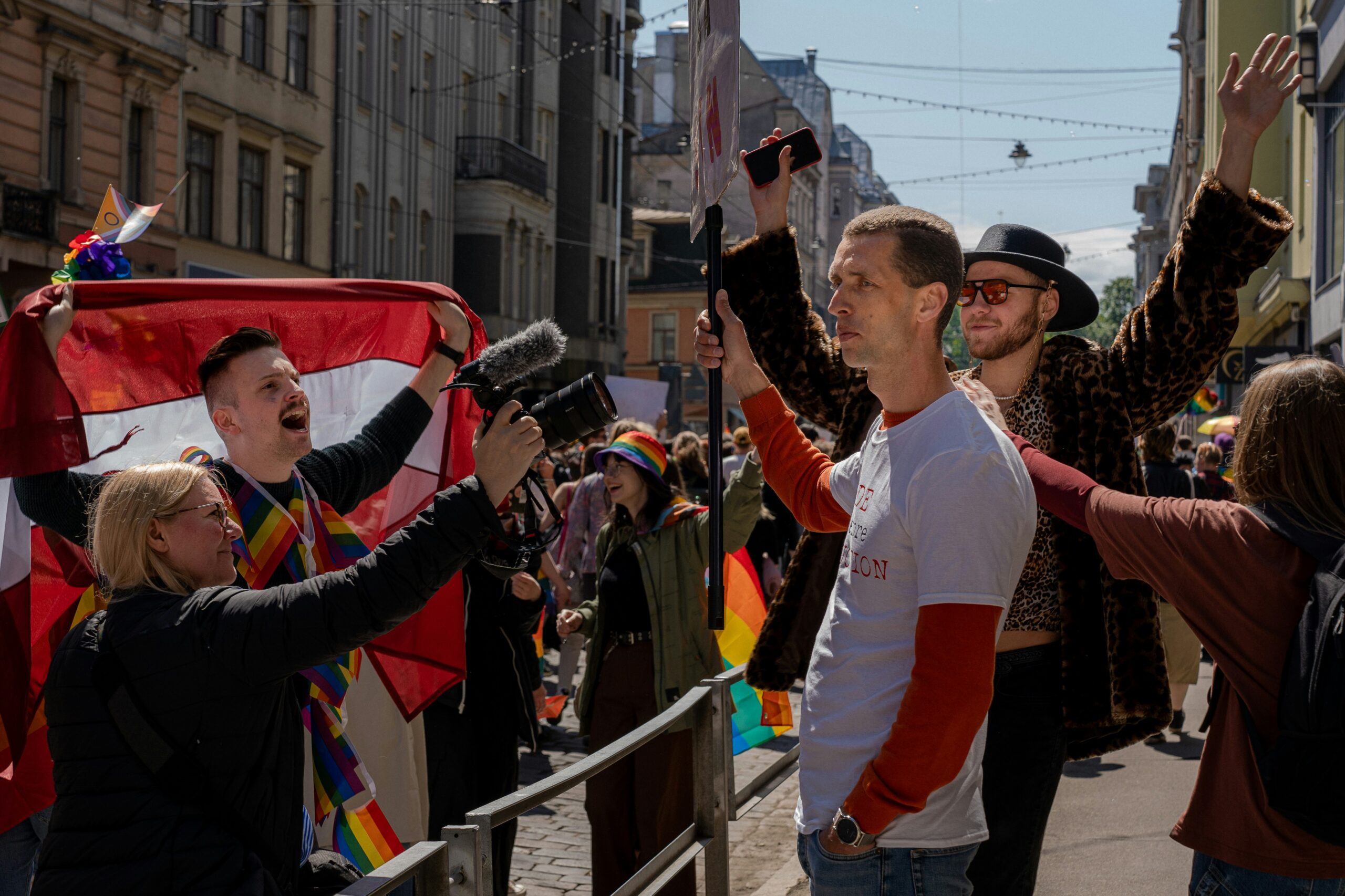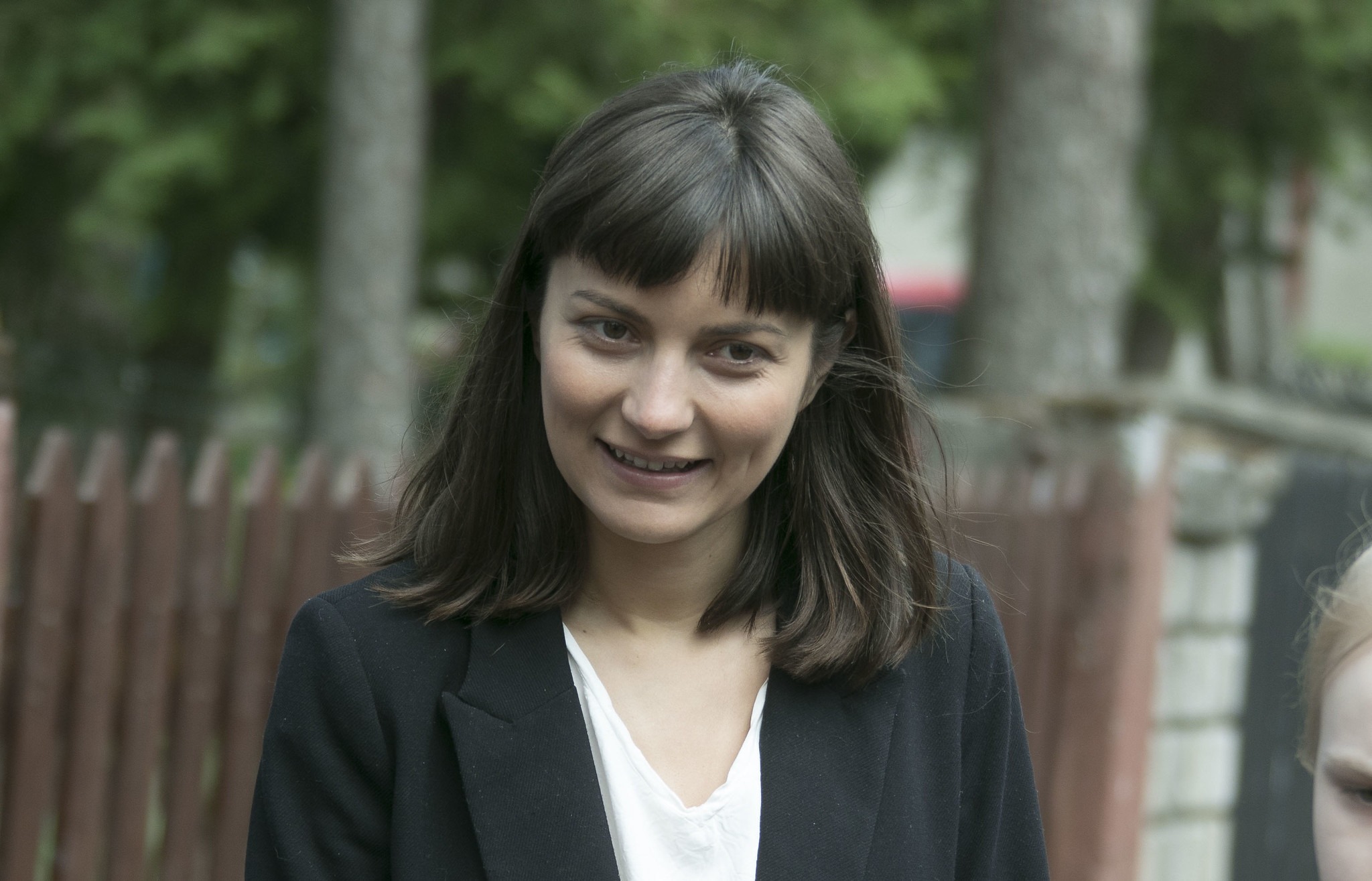
Key Insights:
In early June, Stability! party leader Aleksejs Roslikovs ignited controversy by ending a parliamentary speech in Russian with, “There are more of us! We cannot be banned!” This was a response to a National Alliance proposal to limit Russian language use in public spaces. Though the proposal was ultimately rejected, its timing ahead of municipal elections revealed it as a political provocation. Roslikovs seized the moment, portraying himself as a defender of Russian speakers and using viral TikTok posts, some surpassing 2 million views, to mobilize support. The incident underscores a pattern of reciprocal radicalization, where nationalist and pro-Russian actors fuel division for political gain. The fallout quickly spread beyond Latvia, amplified by Kremlin-linked propaganda networks.
The main narratives were:
- Latvia is Russophobic
- Prosecution of Russian speakers
Overview of the Findings:
At the start of June, Stability! party leader Aleksejs Roslikovs sparked controversy by ending a parliamentary speech in Russian with the words: “There are more of us! We cannot be banned!” The remark was a response to a National Alliance proposal to restrict Russian language use in public spaces. Latvia’s State Security Service (VDD) launched criminal proceedings against Roslikovs for allegedly aiding Russia and inciting ethnic hatred.
The controversy was sparked by a declaration proposed by the National Alliance calling for restrictions on the use of Russian in public life, framed as addressing the Russification of Latvia during the Soviet occupation. While the declaration was ultimately rejected in Parliament, its timing – immediately before municipal elections – suggests it was a deliberate political provocation.
Both the National Alliance’s proposal and Roslikovs’ response were clearly linked to electoral strategy. The National Alliance has previously raised similar proposals before elections, knowing they will inflame ethnolinguistic tensions and appeal to nationalist voters. Roslikovs, in turn, exploited the backlash to mobilize his base, using social media virality to frame himself as the only authentic voice defending Russian speakers.
This dynamic illustrates reciprocal radicalization, where Latvian nationalists and Russian political actors escalate tensions by reacting to each other’s provocations. Each side feeds the narrative of being under siege, increasing ethnolinguistic division and enabling racial actors on both ends to dominate public discourse.
This pattern reveals how populist and nationalist actors benefit from societal division, even if their proposals are not meant to be enacted. The cost is increasing societal fragmentation and vulnerability to foreign influence. The proposal from the National Alliance and Roslikov’s response were widely repeated across Russia and the Russian propaganda network. Roslikovs’ posts on TikTok achieved unprecedented reach, with over 2 million views per video. These messages were widely shared beyond Latvia, and picked up by pro-Kremlin propaganda outlets, serving as an example of how internal political incidents in democratic countries can be exploited by hostile foreign actors.
Story of the Month:
Rising Ethnolinguistic Tensions in Latvia
Recent events in Latvia have triggered a sharp rise in ethnolinguistic tensions, revealing deep political divides and a troubling intersection between domestic populism and Kremlin-aligned narratives. At the center of the current controversy is Aleksejs Roslikovs, leader of the Stability! party, whose disruptive parliamentary behavior and viral social media posts have created a national and international stir.
These events allowed Roslikovs to craft a victimization narrative, positioning himself as a heroic defender of Latvia’s Russian-speaking minority. Following his expulsion from Parliament and the opening of a criminal investigation by the State Security Service (VDD) for “providing assistance to the aggressor state” and “inciting ethnic hatred,” Roslikovs pivoted to TikTok and Telegram.
His social media messaging casts the state’s legal actions as political persecution. Dramatic language that he is “willing to give his life,” or that he is “at home, but a stranger,” was used to portray himself as a martyr resisting an oppressive Latvian state. This populist rhetoric resonates strongly with Russian-speaking audiences, turning state scrutiny into political capital and generating massive engagement online.
Furthermore, the response from Latvian nationalists has been over the top. Physical intimidation and public threats against Roslikovs, such as a doll hung from a post with a threatening message calling for the death of Roslikovs and a derogatory banner displayed at a football game targeting Roslikovs, have been integrated into his broader narrative. He characterizes these acts as evidence of organized extremist activity against him. He is using terms like “controlled organizations” to suggest a broader conspiracy against him.
While these incidents may not be centrally orchestrated, their symbolism and emotional impact serve to reinforce polarization, suggesting increased ethnolinguistic tensions, where both sides feel victimized and aggrieved.









